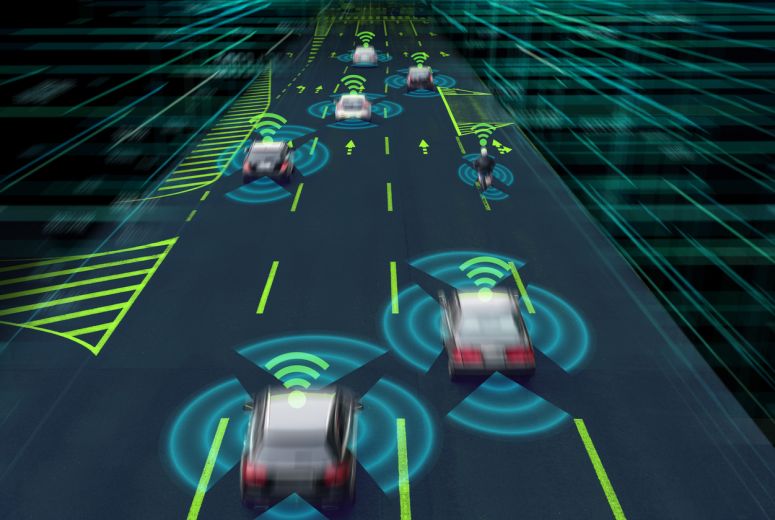A joint report by the Law Commission of England and Wales and the Scottish Law Commission recommended legal reforms that would see driverless car users exempt from prosecution if anything goes wrong with the automation.
This could include causing an accident, speeding, running a red light or other dangerous actions.
Instead, they want the company or software developer that gained authorisation for the technology to be held legally responsible for the driving aspects of automated cars.
But drivers should still be responsible for things like car insurance, checking loads and children wearing seatbelts, the commissioners said.
This legal framework would resolve one of the biggest concerns about self-driving vehicles – who exactly is liable if something goes wrong?
Transport minister Trudy Harrison believes the development of self-driving vehicles in the UK has the potential to revolutionise travel but warned it is vital the law is clear.
She said: “This Government has been encouraging development and deployment of these technologies to understand their benefits. However, we must ensure we have the right regulations in place, based upon safety and accountability, in order to build public confidence.”
The report adds that a clear distinction should be made between features that merely assist drivers and those that are self-driving.
RAC head of roads policy Nicholas Lyes said: “While self-driving cars offer the potential to make our roads safer and increase mobility for those who can’t currently drive, it’s vital motorists aren’t lulled into a false sense of security by the way some manufacturers describe their automated technology.
“We believe there’s a big difference between driver assistance features, such as adaptive cruise control, and genuine self-driving capability, so we support the Law Commission recommending that a clear distinction between the two is drawn when manufacturers market their vehicles.”
- Driverless cars: a guide to current and future tech
- Driverless cars: your questions answered
- Electric cars: a definitive guide
Fully driverless cars aren’t yet legal on UK roads, but autonomous features are being developed by car manufacturers.
In April last year the Department for Transport announced it would allow hands-free driving in vehicles with lane-keeping technology on congested motorways, at speeds of up to 37mph.
Matthew Avery, chief research strategy officer at road safety organisation Thatcham Research, which contributed to a consultation on the report, warned that the move to self-driving cars is “fraught with risk”.
He said: “In the next 12 months, we’re likely to see the first iterations of self-driving features on cars in the UK.
“It’s significant that the Law Commission report highlights the driver’s legal obligations and how they must understand that their vehicle is not yet fully self-driving.”
It will be up to the UK, Scottish and Welsh Governments to decide whether to accept the report’s recommendations.

RAC Breakdown Cover
Limited Time Offer
*£7 a month for new, single vehicle Basic cover. ^For 1 nominated vehicle when added to Extra or Complete cover. New customers only. Ends 29/04/24. 7am.











